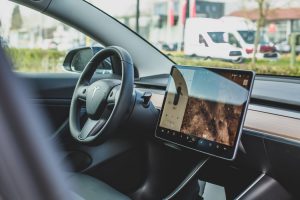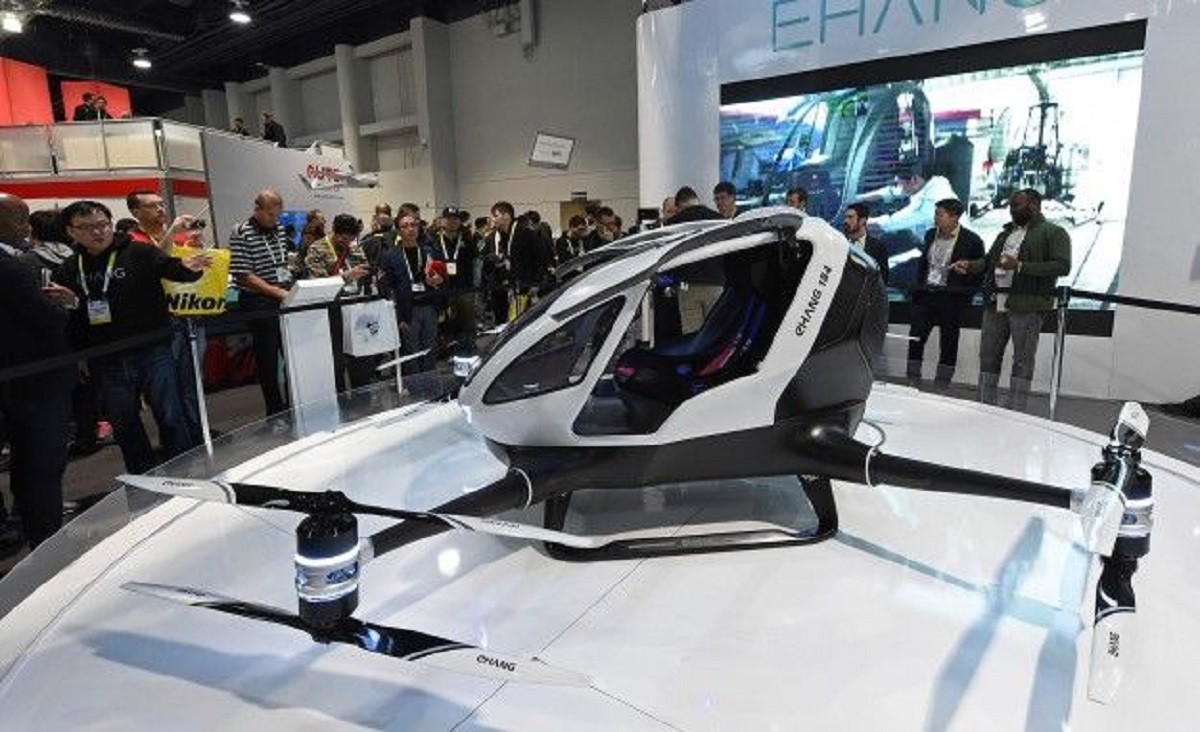It’s only a matter of time before humans can’t drive cars on public roads because of security purposes. And this is because self-driving cars will become so advanced that they will drive much faster at the same time decreasing the number of accidents up to zero!
Self-driving cars solve not only traffic jams and security problems. They are also economically advantageous. Logistics companies are paying billions of dollars to truck drivers. This affects the price of the products we buy. At the same time, the biggest percentage of the money we pay for the taxi ride that goes to the drivers will be cut and the price for transportation will probably decrease palpable.
This is why many companies, especially car manufacturing companies are getting into this market. Some of them already have great achievements.
Top 10 Self-driving Car Companies That Worth Our Attention
1. Waymo
In 2009, Google started working on his self-driving car concept. In three years, they have modified the Toyota Prius with their driverless technology and got a license to turn it on Nevada state’s streets. Another two years passed and Google revealed a new prototype 100% autonomous car with no steering wheel, gas, or brake pedal. This car did the world’s first driverless riding on public roads. Later in December 2016, the car was renamed to “Waymo” and announced as a stand-alone subsidiary of Alphabet Inc.
Today, Waymo is allowed to ride passengers on California roads. Certainly, the company still faces certain restrictions. It can’t charge for rides and have to have safety drivers behind the wheel.
By its legal achievements and technology, Waymo is undoubtedly the leader of the self-driving market. The company even helps other self-driving system builders with its huge data by providing it for free.


2. Nissan
In 2016, Nissan announced its self-driving system ProPilot. This was an ADAS (Advanced Driver Assist System) which is easy to use. However, only a single line stop-and-go technology that appears on many other vehicles nowadays.
However, what Nissan is providing today is something revolutionary. The New ProPilot 2.0 now has 3D mapping navigation, and with its advanced sensors and cameras, it even recognizes pedestrians’ faces. And the most important thing that it provides is the no-hands driving vehicles.
3. Uber & Volvo
In June 2019, Uber announced developing a self-driving car in partnership with Volvo. The new model called XC90 SUV will be built to fit self-driving technologies Uber provides. The car will still have a steering wheel and pedals. However, Uber assures that it’s designed to operate without a driver.
The new version of the car is also expected to be much safer. The multilevel backup system will work if, for some reason, braking, steering, or battery power systems stop working. Despite the security and regulation problems Uber faced after one of its units struck and killed a woman crossing the street, Uber continues the development and take the self-driving cars as its ultimate goal․
/cdn.vox-cdn.com/uploads/chorus_image/image/63992978/Uber_SDV___Side_Shot.0.jpg)
/cdn.vox-cdn.com/uploads/chorus_image/image/63992978/Uber_SDV___Side_Shot.0.jpg)
4. BMW & Daimler (Mercedes)
In July 2019, the Mercedes manufacturer Damier and BMW announced a partnership to develop an autonomous driving system. These two giants of German auto industries involved in this project over 1,200 technicians and millions of dollars to install the technology on their cars in 2024.
5. General Motors
On 2016, General Motors bought a self-driving car system developer startup Cruise for $1 billion. The company is expected to launch a fully self-driving vehicle with no pedals or steering wheel in 2019. Although the company couldn’t reach a goal (because of problems with pedestrian recognition in the system), GM received $2.25 billion investment from SoftBank and planned to hire 1,000 more employees.
6. Aptiv
Aptiv self-driving car system partnering with Lift launched a Robo-taxi service in Las Vegas in 2018. Modified BMW 5 Series with software, sensors, and computers provided by Aptive were available in the Lift app. This was a commercial program and closed after riding 50,000 trips.
Today Aptiv is opening an autonomous mobility center in Shanghai to focus on the development and eventual deployment of its technology on public roads.
7. Tesla
Tesla is one of the leaders in self-driving cars market. There is an integration of technology on each new car that Tesla sells and activation is through software updates. Tesla has offerings of the self-driving system “Autopilot” and “Full Self-Driving.” The last contains more advanced autonomous features, while the Autopilot offers only stop-and-go adaptive cruise control with automatic steering.
Despite the traditional automaker model, Tesla includes all the hardware necessary for self-driving as a part of every vehicle sold. However, upgrading to the Full Self-Driving version will cost Tesla drivers an additional $6,000.
8. Volkswagen & Ford (Argo)
Right after the news of Damier and BMW are partnering to build a self-driving system, Volkswagen AG and Ford Motors have announced their partnership for the same proposes.
They have invested more than $7 billion in the autonomous vehicle technology platform Argo AI. The plan is to introduce self-driving technology in the U.S. and Europe by integrating Argo AI in new models of Volkswagen and Ford.
Argo AI is striving to deliver Level 4 (SAE), capable self-driving cars that drive independently in certain specific conditions.
9. Yandex
Russian tech giant Yandex has been testing it’s self-driving vehicles from 2017 in Moscow and later expanded to Las Vegas and Israel. The company is going to open a local Tel Aviv office to involve more engineers. Additionally, it is going to run over 100 self-driving vehicles at the end of 2019. Cars are intended to get in Yandex Taxi system in Moscow.
10. Baidu
Chinese self-driving car market is lagging behind the U.S., but the gap is narrowing. Thus, the Chinese search giant Baidu in 2018 announces a two million kilometers ride of its self-driving car in 13 Chinese cities. Partnering with Apollo Baidu wants to bring over 100 self-driving cars to ride in Beijing by the end of 2019.

























